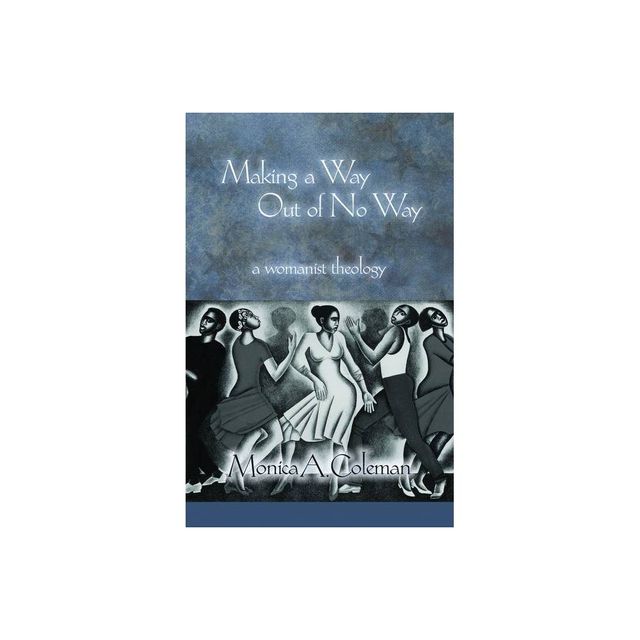Home
Political Wisdom Late Shakespeare: A Way Out of the Wreck
Loading Inventory...
Barnes and Noble
Political Wisdom Late Shakespeare: A Way Out of the Wreck
Current price: $105.00


Barnes and Noble
Political Wisdom Late Shakespeare: A Way Out of the Wreck
Current price: $105.00
Loading Inventory...
Size: Hardcover
*Product Information may vary - to confirm product availability, pricing, and additional information please contact Barnes and Noble
The four last plays of Shakespeare’s First Folio—
Cymbeline
,
The Tempest
Henry VIII
, and
The Winter’s Tale
—provide underappreciated resources for political thought and reflection.
Political Wisdom in Late Shakespeare: A Way Out of the Wreck
examines the ruling communities in each of these plays, exploring what virtues are dramatized as necessary in a courtier’s fulfillment of his or her political obligations. By lending courtly virtues their close attention, Shakespearean audiences can better appreciate how much a given court has been reformed or could be further reformed in the future. Indeed, these four late plays prove remarkably united in their presentation of five virtues—patience, piety, fidelity, clemency, and diligence—which consistently appear desirable for rulers to have and regimes to encourage. Moreover, the visions of tyranny offered in these plays remind readers how much is at stake should these courtly virtues decay or collapse. Their presence or absence signals whether any political community will, to borrow the language of
, chart for themselves “a way out of the wreck.”
Cymbeline
,
The Tempest
Henry VIII
, and
The Winter’s Tale
—provide underappreciated resources for political thought and reflection.
Political Wisdom in Late Shakespeare: A Way Out of the Wreck
examines the ruling communities in each of these plays, exploring what virtues are dramatized as necessary in a courtier’s fulfillment of his or her political obligations. By lending courtly virtues their close attention, Shakespearean audiences can better appreciate how much a given court has been reformed or could be further reformed in the future. Indeed, these four late plays prove remarkably united in their presentation of five virtues—patience, piety, fidelity, clemency, and diligence—which consistently appear desirable for rulers to have and regimes to encourage. Moreover, the visions of tyranny offered in these plays remind readers how much is at stake should these courtly virtues decay or collapse. Their presence or absence signals whether any political community will, to borrow the language of
, chart for themselves “a way out of the wreck.”


















